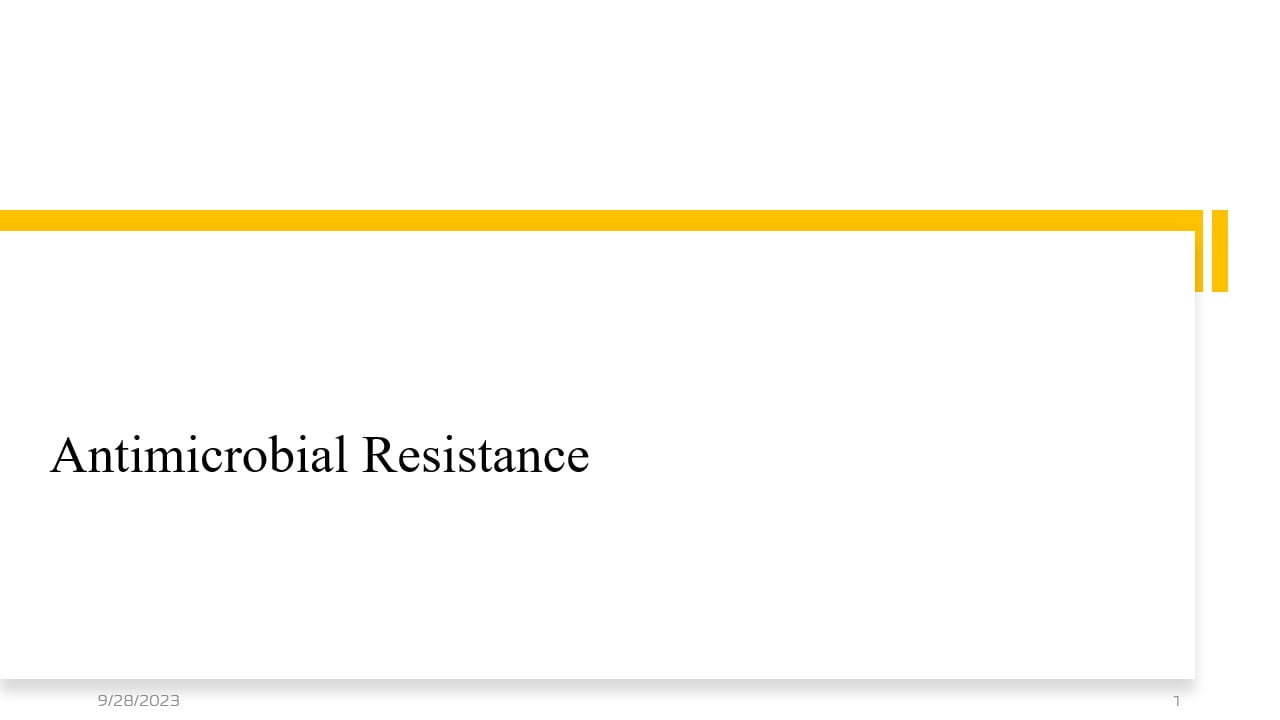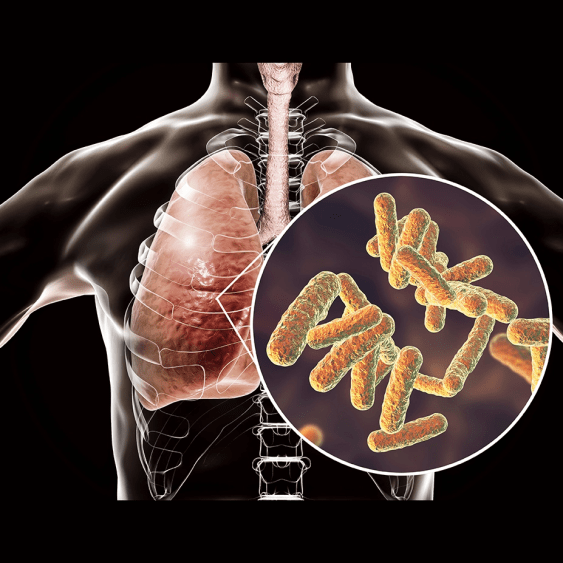The session includes abstracts on the global and regional burden of attributable and associated bacterial AMR of our double by vaccination, nucleoside modified mRNA vaccines and DNA vaccines against Crimean Congo Haemorrhagic fever, bridging the immunogenicity of a tetravalent dengue vaccine candidate, immunogenicity of a tetanus toxoid, conjugated quadrivalent meningococcal vaccine in meningococcal naive individuals.
A recent Lancet article has shown that 1.27 million deaths are attributable to bacterial AMR and 4.9 million deaths are associated with AMR worldwide in 2019. The first session estimated the vaccine avertable burden of bacteria AMR based on profiles of existing and future vaccines. The existing vaccines include the vaccines for influenza, typhoid and pneumococcal diseases. The results showed that deaths due to Mycobacterium tuberculosis resistance could have been averted by vaccine which meets WHO (preferred product characteristics) PPC criteria of 80% efficacy and deaths due to Streptococcus pneumoniae with 50% efficacy against LRI, 70% against other presentations and strains. Klebsiella pneumoniae, Acinetobacter baumanii and Escherichia coli account for most of the avertable AMR burden associated with blood stream infection. The comprehensive assessment of the value of vaccines against AMR should include parameters such as the impact of antibiotic use, economic burden and social equity.
The Crimean Congo Hemorrhagic fever (CCHF) is a tick borne disease where animals do not suffer from it. When transferred to humans it has severe consequences. A project has been initiated in 2017 in partnership Biontech and Pfizer to develop mRNA or DNA based vaccines. Pre-clinical studies on mice have shown that immunization with mRNA vaccines, independent of vaccine candidates, has shown 100% protection against CCHF infection. There is also a presence of a high level of vaccine induced antibodies. The study of DNA vaccines in non-human primates showed protective effects of the vaccine in these animals with a high level of antibodies.
There has been a 10-fold increase in dengue infections in the last decade in Malaysia. The session discussed the immunobridging analysis to study the efficacy of TAK-003 in adults as compared to the immunogenicity of DEN-301 seen in children. It was observed that the highest geometric mean titers of dengue neutralizing antibodies were observed against the DENV-2 serotypes in both age groups. At month 4, the reverse cumulative distribution curve showed a slightly higher proportion of adults with higher titers against DENV-1 and DENV-2 serotypes; for DEV-3 serotypes, younger participants had a higher titer. The seropositivity rate was high for both the study groups. This analysis demonstrated that there is a comparable immune response against all 4 DENV serotypes supporting the extrapolation of the vaccine efficacy from paediatrics to adult population.
The quadrivalent meningococcal conjugate vaccine- MenQuadfi (MenACYW-TT) is licensed for use from the age of 12 months and above in the European Union and certain other countries. An immunogenicity assessment using the serum bactericidal assay primarily with human complement (hSBA) and in a subset with baby rabbit complement (rSBA) was performed to study this vaccine. For the same, the results of the Baby rabbit RSV immunogenicity assessment in 3044 naive meningococcal vaccine participants from eight clinical studies, three from phase two and five and phase three, which were conducted in the U.S., Europe and other countries.
There was a higher proportion of MenACYW-TT receivers who achieved seroprotection rates for serogroup C and similar for Serogroup A, W and Y compared to the MCV4-TT recipients. The proportion of MenACYW-TT receivers who achieved seroprotection rates was higher for serogroup C and similar for serogroup A, W and Y compared to the MCV4-CRM recipients. In the MenACYW-TT group, the geometric mean titer was higher for serogroup C, similar for serogroups W and Y and lower for sergroup A as compared to MCV4 recipients. This assessment demonstrated that MenACYW-TT induced a robust rSBA immune response in meningococcal naive population irrespective of the age group.
OP3 International Society for Infectious Diseases (ISID) Congress 2022, 17th-20th Nov. 2022, Malaysia



